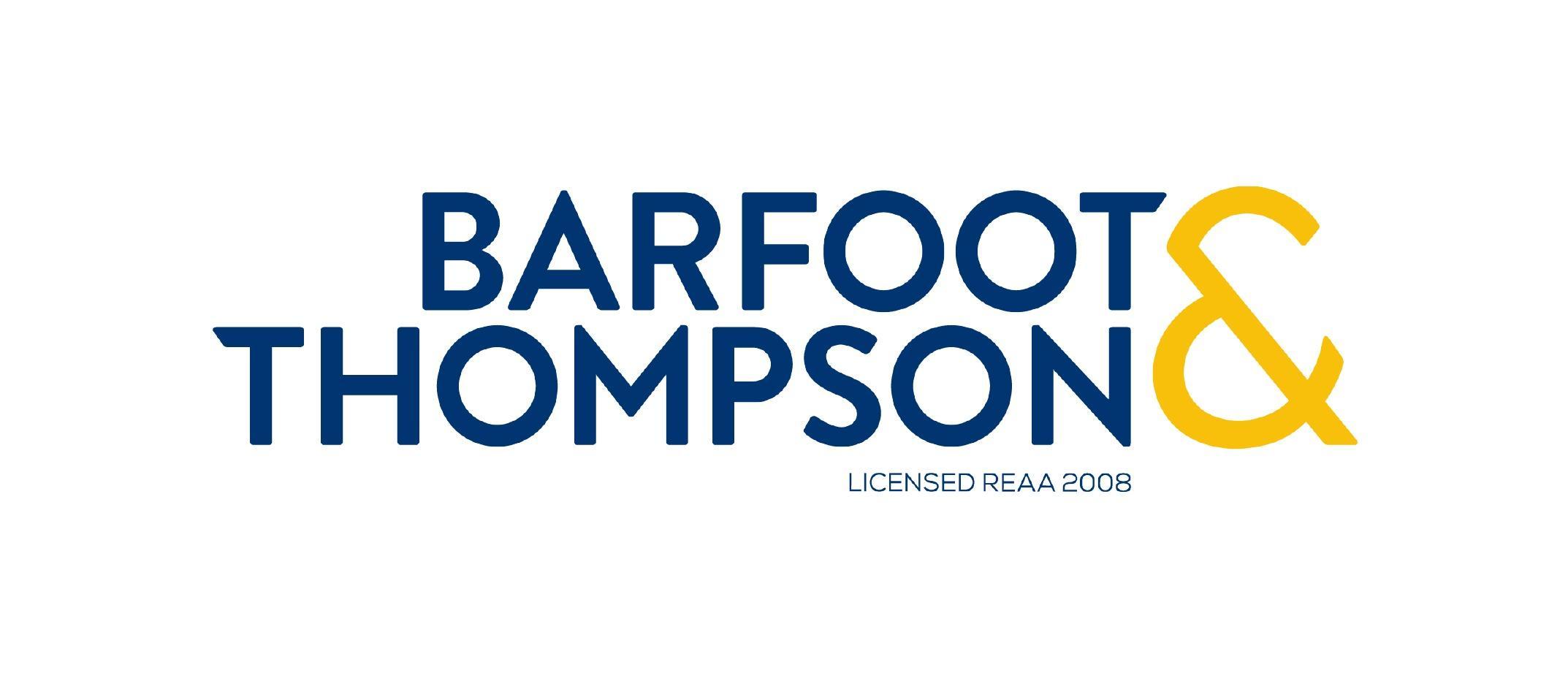Clearly, the late-March policy changes made by the Government have altered the economics of using a mortgage to buy further investment properties, coming
on top of the higher deposit requirements that have already been in play for a few months now.
Then in early May, the Reserve Bank (RBNZ) released the latest Financial Stability Report (FSR), which contained even more discussion around the housing
market. In a nutshell, the RBNZ said:
- If required, the next move would be to raise deposit requirements for investors even further.
- Then they’d look at caps on debt to income (DTI) ratios for new investor mortgages, but would of course need to get permission from the Government
first before DTIs could be enacted.- Indeed, DTIs may not be operational until November at the earliest.
- They’re not keen on interest-only (I-O) lending restrictions for investors, partly due to enforcement potentially being difficult, but also because
demand may naturally fade anyway (due to the loss of interest deductibility and therefore an incentive to raise equity levels) and because I-O
loan applications are already tested on a principal repayment basis anyway.
The key words there are ‘if required’. In fact, we don’t think DTIs will actually be imposed in this cycle, because by November it looks likely that the
market will have slowed (but not slumped) due to factors already in play – e.g. general affordability constraints, the new tax rules (both interest
deductibility and extended Brightline), and the existing LVR requirements. For similar reasons, we doubt that deposits will be raised above 40% either.
So where does this leave investors in general? Basically, we think plans can be made on the basis of the existing rules being the status quo until at least
the end of 2021 and probably beyond – in other words, rule changes seem to have finished for this cycle. Both the Government and RBNZ will now want
to sit back and judge the effects of previous interventions before making any more changes.
Indeed, Grant Robertson chose not to introduce any more major property-related measures as part of the 2021 Budget either. This may have been a missed
opportunity to cut red tape in the planning system and/or bring forward more housing-related infrastructure – or even to reduce the costs to build
a new house, or to offer tax breaks for investing in assets other than property.
Overall, we think property will still be a key target for investors, just that it’s now a bit harder to make the sums work. In this environment, reliable
and timely information is clearly even more vital than ever – e.g. knowing the value of your property(ies) and equity position, and being able to source
higher yielding stock could both be key focus areas.
Here in the research team at CoreLogic we use a wide range of in-house data to assess these issues from a macro perspective. And individual investors can
do the same via our research platforms, such as RPNZ or Property Guru. Happy hunting.
This is a guest blog submission from Kelvin Davidson from CoreLogic NZ. Guest submissions are a way for APIA members to share their views and experiences with each other and do not necessarily reflect the views and position of the APIA. The content of this article is general in nature and not intended as a substitute for specific professional advice on any matters and should not be relied upon for that purpose.

ABOUT THE AUTHOR
Kelvin Davidson
Kelvin is the Chief Property Economist of CoreLogic NZ. Prior to joining CoreLogic, Kelvin spent 15 years working in private sector economic consultancies
in NZ and the UK, and he is well practised in applying macroeconomic trends and data to the property market.













Add Comment